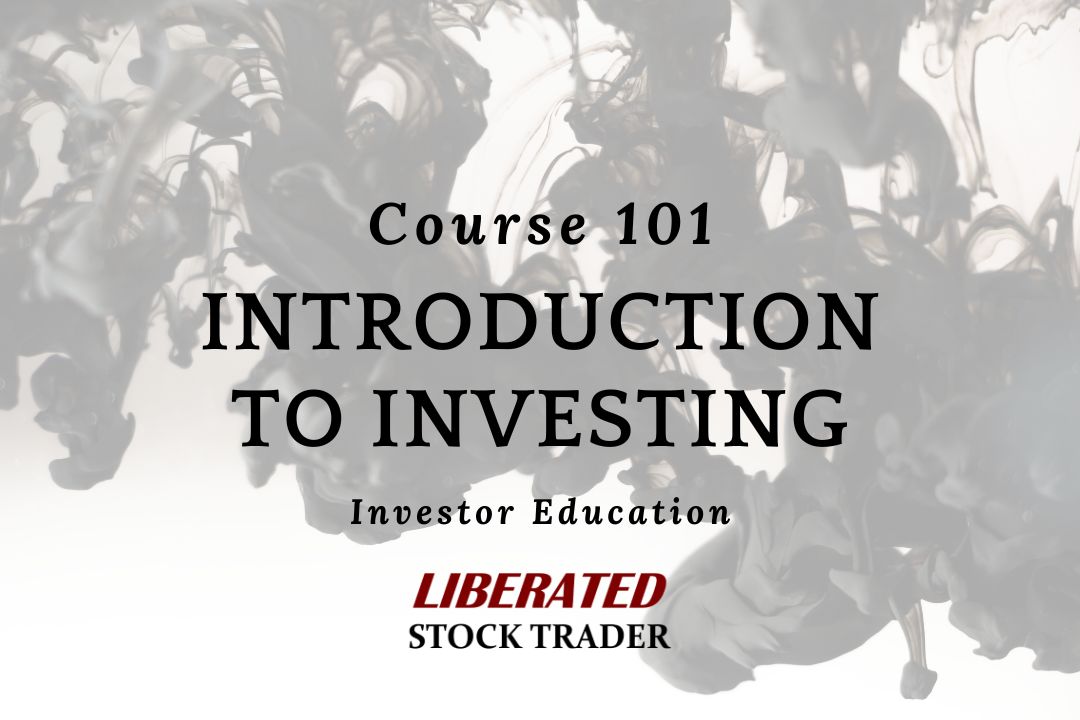A commodity market is a market where goods and services are traded. The law of supply and demand determines the prices of these goods and services. In a commodity market, buyers and sellers meet to trade goods or services at a mutually agreeable price.
The term “commodity market” can refer to physical markets, such as the New York Stock Exchange, where commodities are traded, or virtual markets, such as the Chicago Mercantile Exchange, where futures contracts for commodities are traded. Commodities can be physical goods, such as corn or oil, or intangible goods, such as natural gas or electricity.

Commodity Prices
The prices of commodities are affected by many factors, including weather, politics, and the state of the economy. For example, a drought in the Midwest can cause the price of corn to rise because less corn is available to be traded. Similarly, if there is political instability in a country where oil is produced, oil prices may rise because less oil can be traded.
Commodity Hedging
Many investors trade commodities as a way to hedge against other investments. For example, if an investor owns stock in a company that produces corn, and the price of corn rises, the stock’s value may also rise. Conversely, the stock’s value may also fall if corn prices fall. By hedging their investments, investors can protect themselves from losses if the prices of commodities fluctuate.
Commodities Volatility
Commodity markets can be volatile, and prices can fluctuate rapidly. For this reason, investors need to do their research before investing in commodities. They should also be aware of the risks involved in commodity trading.
This section looks at commodities and precious metals, the physical goods that form the building blocks of the products we use and the food we eat.
Traditional Commodities
Commodities were traditionally physical goods or raw materials such as sugar, maize, barley, pork bellies, milk, cocoa, cotton, gold, silver, or copper. However, the commodities exchanges have expanded to encompass more everyday items such as energy and even computer RAM chips.
In the commodities market, there are different types of transactions.
Spot Trading
The participants in a commodities spot trade usually expect immediate or near future delivery of their purchased goods. This is a way for the corn farmer to find a buyer for his corn on the open market. Because of the short delivery time, spot trading will usually occur in a wholesale market, allowing the buyer to inspect the goods.
Forward Contracts
A forward contract is an agreement to exchange goods at a specified time for a price agreed upon today. This protects the corn farmer from falling prices and the corn oil producer from rising prices. This minimizes the risk for both parties of doing business.
Futures Contracts
As discussed earlier in the futures section, commodities can be traded as futures contracts, meaning that the buyer and seller of the contract do not necessarily expect to receive delivery of the products they have purchased; they accept the cash equivalent.
In the U.S., the regulating body for the commodities exchanges is called the Commodities Futures Trading Commission.
Commodity Trading: Is it Profitable/Risky? We Look at the Research!
Chart, Scan, Trade & Join Me On TradingView for Free
Join me and 20 million traders on TradingView for free. TradingView is a great place to meet other investors, share ideas, chart, screen, and chat.
